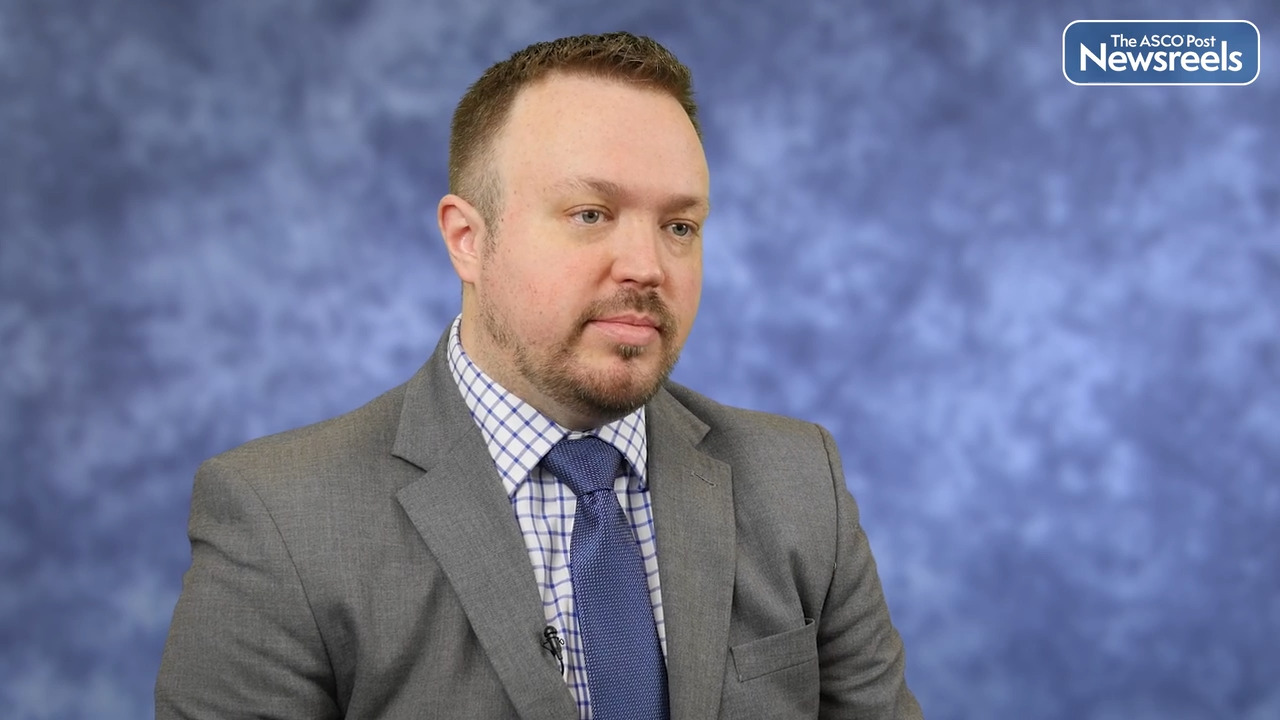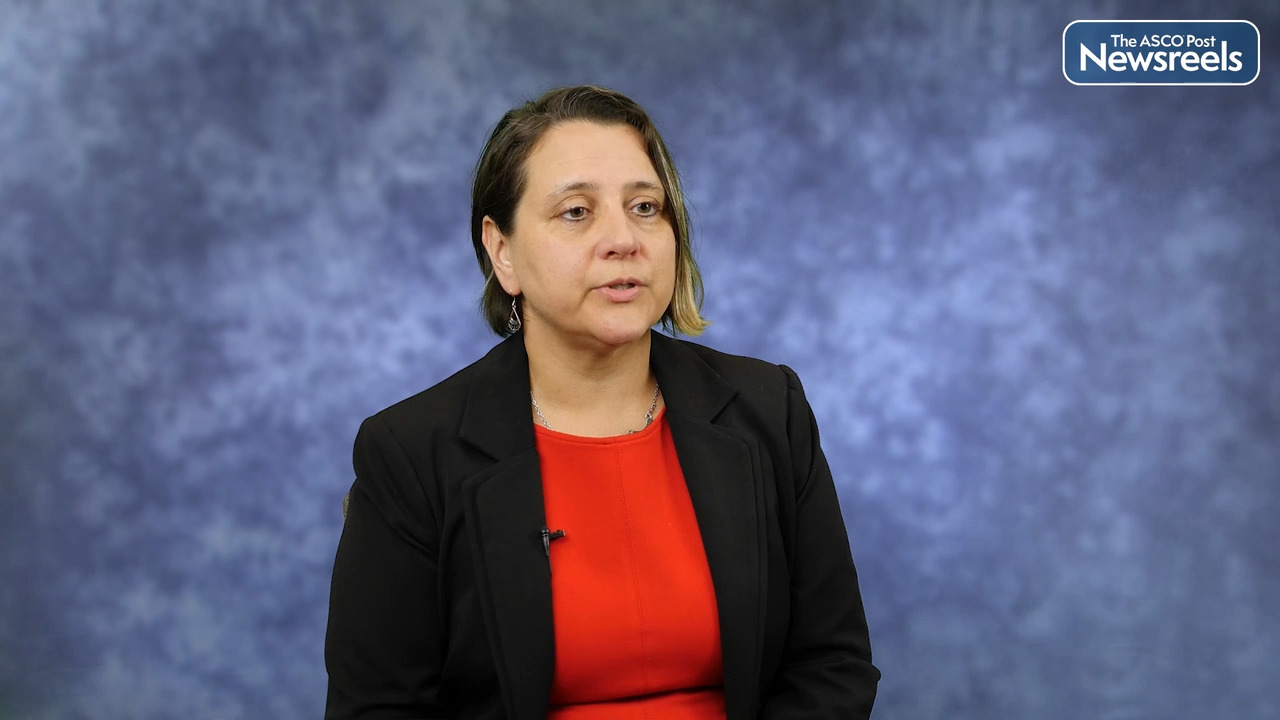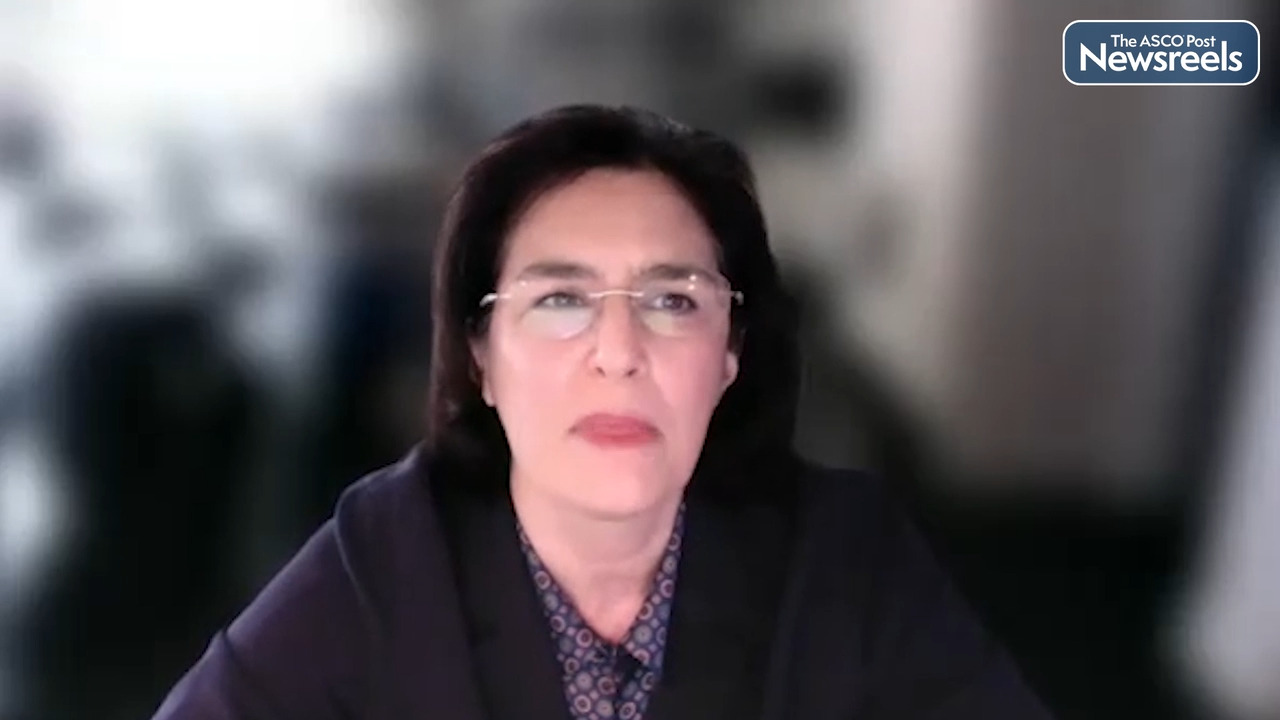Transcript
Disclaimer: This video transcript has not been proofread or edited and may contain errors.
Elena Ratner MD MBA:
For generations we, providers of medical care to cancer patients, have undervalued and under-addressed issues of quality of life. Sexuality, and intimacy plays an integral part to those issues. And we know that men and women patients want to be asked. We know that our patients want to have these conversations with us. And yet, we know that we, as medical providers, unfortunately, do not make the time to have this conversation. The reasons for that is multifactorial. We don't have the time, we do not know how to ask the questions. At times, we medical providers are not comfortable asking the questions. And very frequently we, medical providers, do not know how to answer.
NCCN has made that much easier. Over the past years, NCCN have given us guidelines to be able to add to our conversation with the patient the same way that we speak to our patient about her medical history, her surgical history, her social situation. NCCN has now given us guidelines to be able to ask questions in a simple, open-ended questionnaires. Questions about sexuality and intimacy.
One of the biggest paradigms that needs to change is that we, medical provider, need to understand that acknowledgement is key, but also there's so much that we can do. Even for women in special populations of breast cancer, gynecologic cancers where so many of their symptoms are due to their cancer, but also to their treatment. So many options of addressing those issues exist. We need to come together as a medical community and unite with psychologists, and homeopathic doctors, and acupuncturists, and physical therapists, and gynecologists, and menopause specialists to be able to address these issues in a multifactorial way that these issues present. It is so important that these issues for men and women come from so many directions. So many of them are caused by cancer. So many of them are caused by our treatment. So much value comes from having these conversations, normalizing this for the patients, and allowing them to see us as partners in their cancer journey.
As medical community, we are so good in coming up with new treatments for cancer, whether it's new surgeries, new chemotherapies, new radiation approaches, we just need to remember the patient, the person who stands behind the cancer. We need to be able to ask these questions in an open-ended fashion. We need to ask it at diagnosis. We need to ask it every few months as the patient's journey continues with the cancer, and as their needs change as well. Once we hear from the patient their concerns, and once they know that we are partners in this conversation, and this is something they can bring up with us, we then need to be able to offer the patient the team of providers to be able to address her symptoms.





